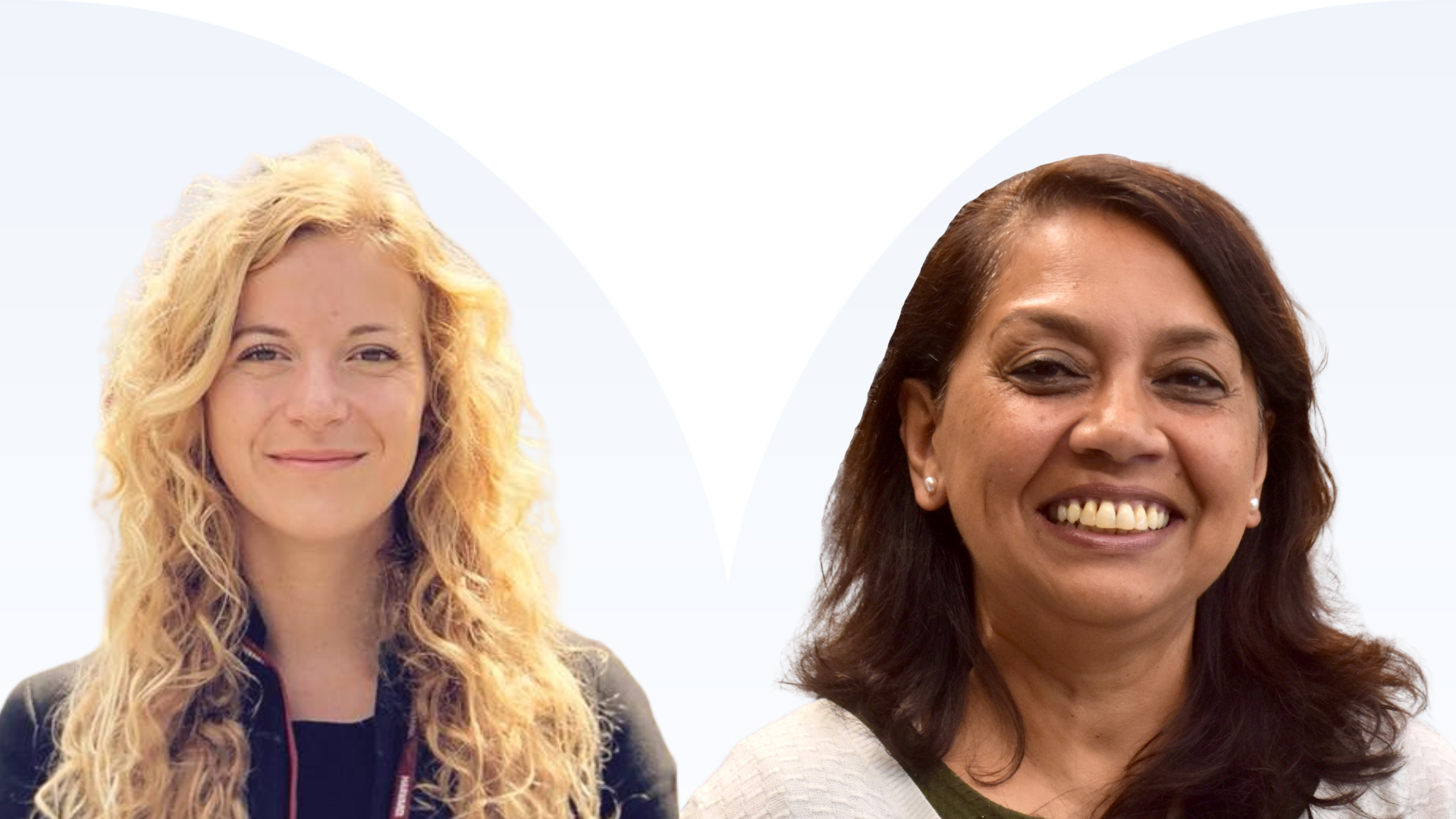
AWARD WINNERS
Celebrating past Award winners
The Awards spotlight women cardiologists changing the medical world with innovative ideas. Our amazing Award winner group includes 56 women representing 19 countries and a wide variety of subspecialties within cardiology. We have provided over $1 million of financial support to help these women level up in their careers.

Award Winners

Dr. Demilade Adedinsewo
United States of America
2024 Research Scholar Award

Dr. Shrilla Banerjee
United Kingdom
2021 Mentor Award

Dr. Akila Bersali
Algeria
2022 Kickstarter Award

Dr. Erin Bohula
United States of America
2023 Research Scholar Award

Dr. Laurie-Anne Boivin-Proulx
Canada
2023 Mentee Award

Dr. Katia Bravo Jaimes
United States of America
2021 Mentee Award

Dr. Khadijah Breathett
United States of America
2020 Inaugural Award

Dr. Renee Bullock-Palmer
United States of America
2021 Mentor Award

Dr. Sonya Burgess
Australia
2021 Research Award

Dr. Lucrecia Maria Burgos
Argentina
2021 Research Award

Dr. Fathima Aaysha Cader
Bangladesh
2021 Mentee Award
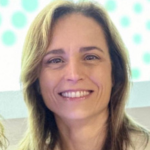
Dr. Samuela Carigi
Italy
2025 Mentor Award

Dr. Caroline Coats
Scotland
2023 Research Scholar Award

Dr. Rebecca Cogswell
United States of America
2022 Research Award

Dr. Róisín Colleran
Ireland
2021 Research Award

Dr. Thais Coutinho
Canada
2021 Research Award

Prof. Blanche Cupido
South Africa
2020 Inaugural Award

Dr. Victoria Delgado
Spain
2024 Mentor Award

Dr. Nafisa Elsammani
Sudan
2023 Mentee Award
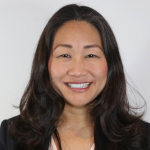
Dr. Hanna Gaggin
United States of America
2025 Mentor Award

Dr. Ellise Gambahaya
South Africa
2021 Mentee Award
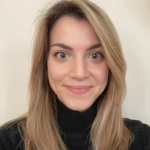
Dr. Marilena Giannoudi
United Kingdom
2024 Mentee Award

Dr. Alessia Gimelli
Italy
2022 Mentor Award

Dr. Sonali Gnanenthiran
Australia
2023 Research Scholar Award

Dr. Cecilia Gonzales Corcia
Canada
2023 Mentor Award

Dr. Heather Gornik
United States of America
2022 Mentor Award

Dr. Natasha Gorrie
Australia
2024 Mentee Award

Dr. Josephine Harrington
United States of America
2024 Research Scholar Award

Dr. Allison Hays
United States of America
2021 Mentor Award
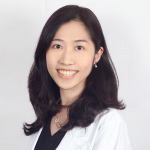
Dr. Yi-Hsin Hung
Taiwan
2025 Mentee Award

Dr. Sylwia Iwańczyk
Poland
2023 Research Award

Dr. Amber Johnson
United States of America
2022 Research Award

Dr. Emer Joyce
Ireland
2024 Mentor Award

Dr. Forum Kamdar
United States of America
2024 Mentor Award

Dr. Agnes Koczo
United States of America
2024 Research Scholar Award

Dr. Suvasini Lakshmanan
United States of America
2022 Mentee Award

Dr. Eylem Levelt
United Kingdom
2022 Research Award

Dr. Oksana Marchenko
Ukraine
2022 Kickstarter Award

Dr. Kaitlin Mayne
United Kingdom
2024 Research Scholar Award

Dr. Irina Mbanze
Mozambique
2022 Mentee Award
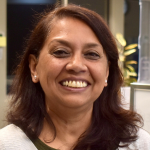
Dr. Swati Mukherjee
Australia
2023 Mentor Award

Dr. Soledad Orazi
Argentina
2024 Mentee Award

Dr. Maria Pabón
United States of America
2024 Research Scholar Award

Dr. Jule Pinter
Germany
2024 Research Scholar Award
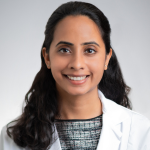
Dr. Pooja Prasad
United States of America
2025 Mentee Award

Dr. Nosheen Reza
United States of America
2024 Research Scholar Award

Dr. Idalys Roman
South Africa
2023 Kickstarter Award

Dr. Nicola Ryan
Ireland
2020 Inaugural Award

Dr. Jennifer Rymer
United States of America
2021 Research Award

Dr. Navaneetha Sasikumar
India
2023 Research Award

Dr. Rashmee Shah
United States of America
2021 Research Award
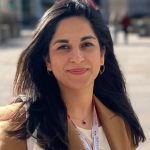
Dr. Preet Ayoub Shaikh
United States of America
2025 Mentee Award

Dr. Wendy Tsang
Canada
2022 Research Award

Dr. Harriette Van Spall
Canada
2020 Inaugural Award
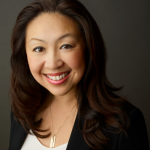
Dr. Celina Yong
United States of America
2025 Mentor Award

Dr. Aghunik Zakaryan
Armenia
2023 Kickstarter Award
Publications by our Winners
Since 2020, Women As One has supported the research of women in cardiology through our global awards program. The results of these awards often go on to be published in high-impact journals, elevating the award winners’ professional status and increasing women’s visibility in the field. Below are a few examples of the work produced as a result of the Women As One awards.

Symptom burden, coagulopathy and heart disease, and quality of life at baseline and after 1-year follow-up following acute SARS-CoV-2 infection in a community medicine setting
Award Winner PublicationsA 2023 publication in the European Heart Journal, by 2021 Award Winner Dr Róisín Colleran.

Inferior vena cava and lung ultrasound-guided therapy in acute heart failure (CAVAL US-AHF study): a randomized controlled trial
Award Winner PublicationsA 2023 publication in the European Heart Journal, by 2021 Award Winner Dr Lucrecia Maria Burgos.

Maternal Cardiac Changes in Women With Obesity and Gestational Diabetes Mellitus
Award Winner PublicationsA 2022 publication in Diabetes Care, by 2022 Award Winner Dr Eylem Levelt.
Latest news from our Winners
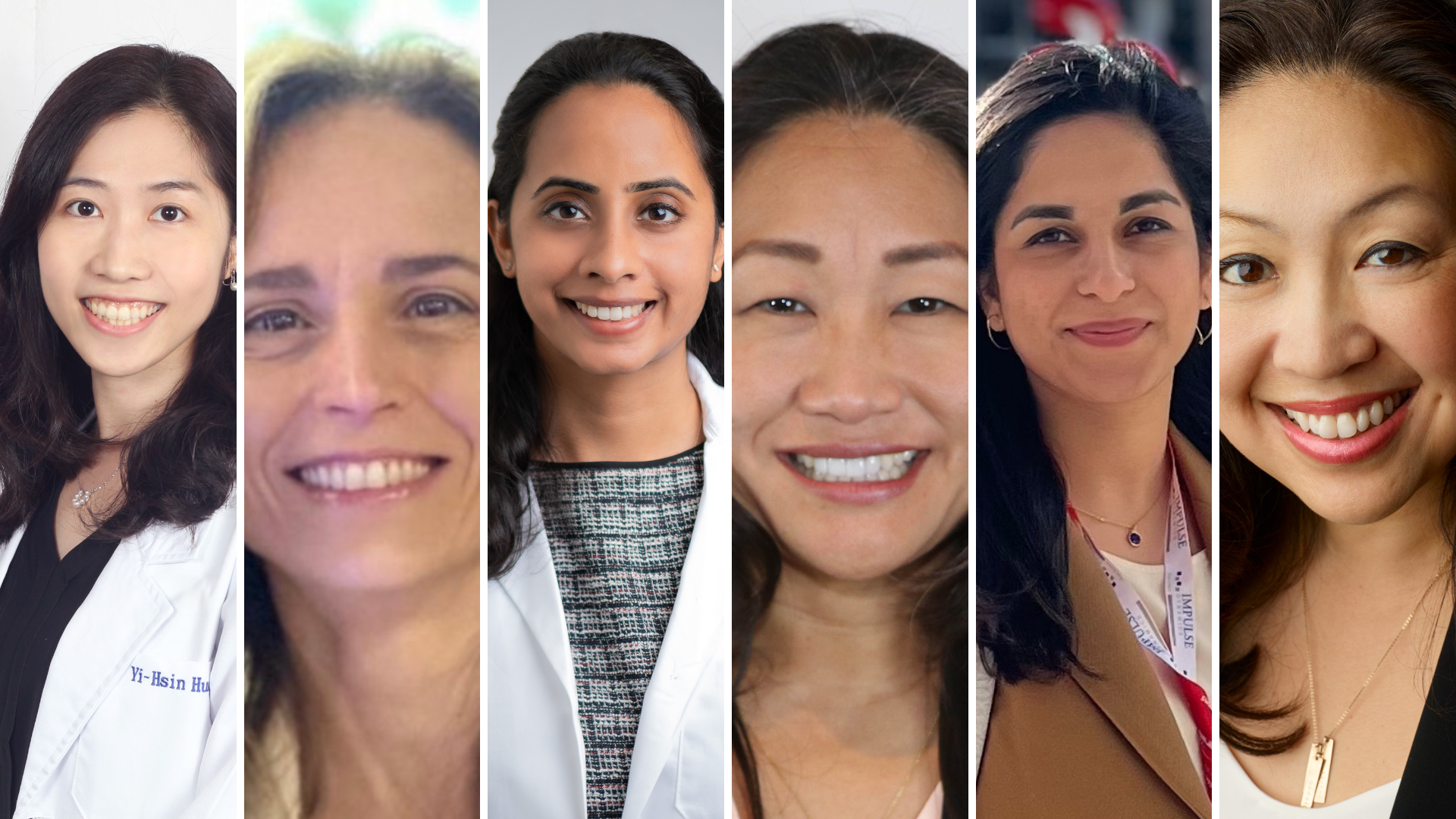
Announcing the 2025 Women As One Mentorship Award Winners
News Our Community AwardsThe 2025 Mentorship Awards recognize six women physicians who will lead clinical projects addressing key challenges in cardiovascular care.



